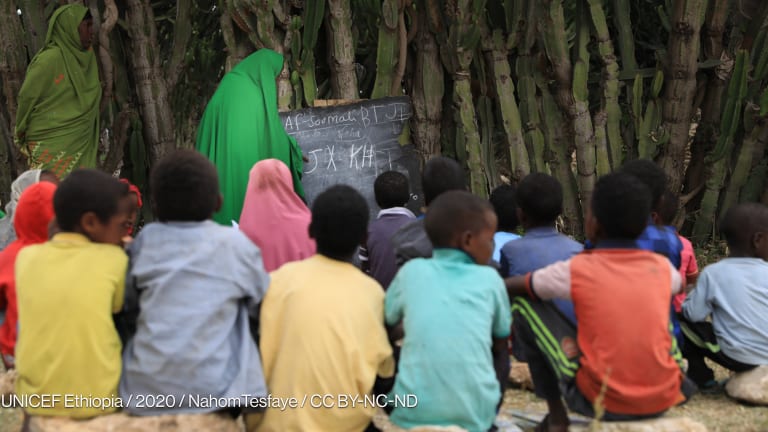
EDITOR’S NOTE: The international affairs budget, though a small portion of U.S. government spending, is vital in promoting U.S. national security, the U.S. Global Leadership Coalition argues. It has won support from military and national security figures, the coalition adds.

- Continuing the bipartisan precedent set by the Bush Administration, the Obama Administration views the International Affairs Budget as part of the national security budget alongside Defense, Homeland Security, Intelligence, and Veterans programs. The International Affairs Budget currently represents only 7% of the U.S. national security budget.
- Current (FY 2010) funding for International Affairs totals $52.8 billion (including $1.9 billion in forward funding from FY 2009). This funding level is $1.6 billion or 3.2 percent above FY 2009. The largest component of the International Affairs Budget – 95 percent – is the FY10 State-Foreign Operations and Related Programs Appropriations bill, which passed the House by a strong bipartisan vote of 318-106 on July 9, 2009.
- Last month 247 bipartisan Members of Congress (58 Senators and 189 Representatives) sent a letter to President Obama urging a robust request for the International Affairs Budget in FY 2011.
Military and National Security Leaders Back a More Robust International Affairs Budget
- The greatest threats and challenges of the 21st century are not only conflicts between nations, but disease, famine, instability and hopelessness that can create conditions where extremism and conflict take root. The “smart power” tools of diplomacy and development stabilize weak and fragile states, combat terrorism and deter threats before they reach America’s shores.
- Secretary of Defense Gates, Chairman of the Joint Chiefs of Staff Admiral Michael Mullen, and dozens of retired military leaders support increased civilian capability. Last year, 47 retired senior military officers sent a letter to President Obama calling for increased investments in development and diplomacy.
Statement by Defense Secretary Gates
- “It has become clear that America’s civilian institutions of diplomacy and development have been chronically undermanned and underfunded for far too long - relative to what we traditionally spend on the military, and more important, relative to the responsibilities and challenges our nation has around the world.” - USGLC Dinner (July 15, 2008)
Statement by Secretary of State Clinton
- “In the face of formidable global challenges, our success requires a robust State Department and USAID working side-by-side with a strong military. To exercise our global leadership effectively, we need to harness all three Ds - diplomacy, development and defense.” - Senate Foreign Relations (May 20, 2009)
Statement by former Secretary of State Condoleezza Rice
- “For the United States, supporting international development is more than just an expression of our compassion. It is a vital investment in the free, prosperous, and peaceful international order that fundamentally serves our national interest.” - White House Summit on International Development (October 21, 2008)
Joint Testimony of General Anthony Zinni, USMC (Ret.) and Admiral Leighton Smith, Jr., USN (Ret.)
- “To be clear, all that our military instruments can do in conflict is to create the conditions that would allow the other tools of statecraft - especially our diplomatic and development tools – to be successful. But when those other tools are underfunded, understaffed, and underappreciated, the courageous sacrifice of the men and women in uniform is often wasted.” - Senate Foreign Relations Committee (March 5, 2008)
Testimony of General Michael Hagee, USMC (Ret.)
- “I think of smart power as the strategic triad of the 21st Century - the integrated blend of defense, diplomacy and development. But this strategic approach will only be effective if all three smart power pillars are coherent, coordinated, and adequately resourced….We must match our military might with a mature diplomatic and development effort worthy of the enormous global challenges facing our nation today.” - House Foreign Affairs Committee (March 18, 2009)
Please visit the USGLC’s website (www.usglc.org) for additional analysis and resources on International Affairs funding.
Re-published with permission by the U.S. Global Leadership Coalition. Visit the original article.








